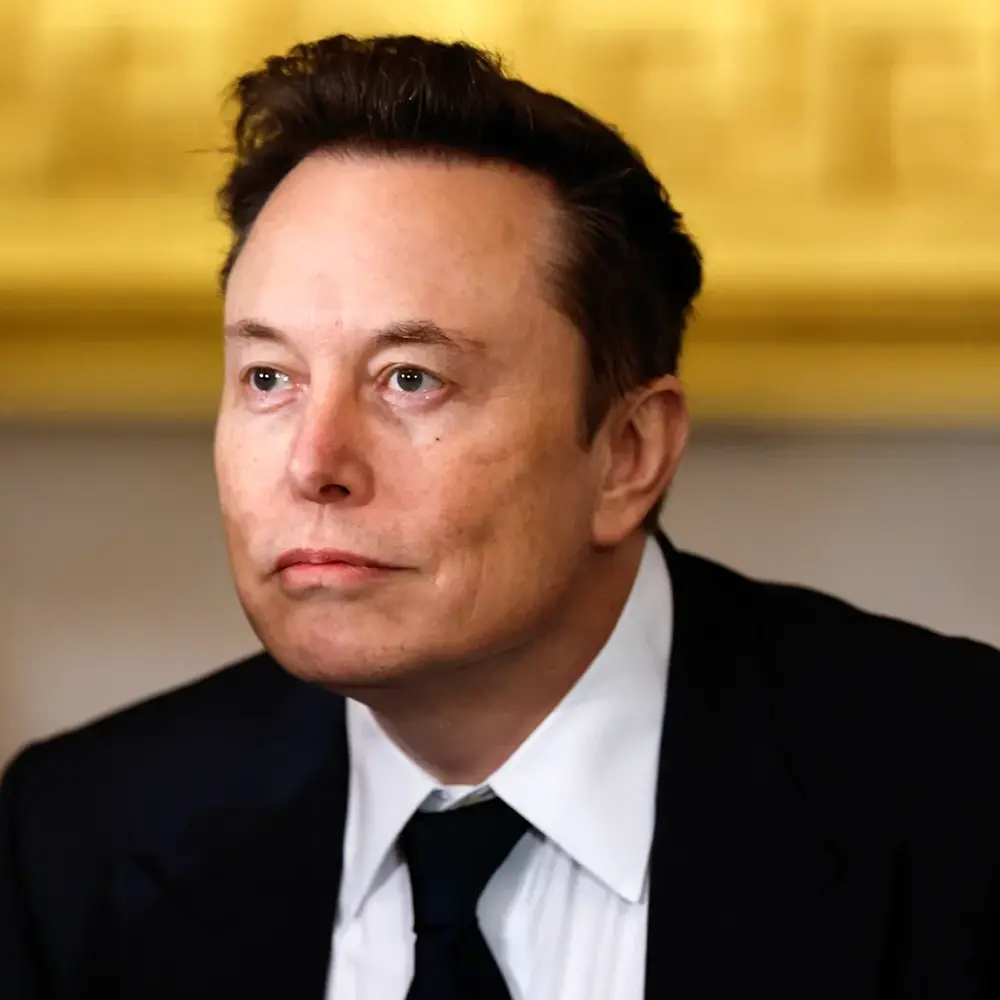Introduction
Elon Musk is one of the most influential and recognizable individuals of our time. Known for his visionary ideas in technology, space exploration, artificial intelligence, and energy, he has fundamentally altered the world. His companies—Tesla, SpaceX, Neuralink, and The Boring Company—have ushered in some of the most significant technological revolutions of the 21st century. Musk's ambitions to transport humanity to Mars, accelerate the transition to renewable energy, and his thought-provoking stances on AI continue to captivate global attention.
Early Life and Education
-
Born on June 28, 1971, in Pretoria, South Africa, Musk developed an early passion for books, computers, and technology.
-
At age 12, he created and sold the computer game Blastar for $500, marking his first commercial success.
-
By age 17, he moved first to Canada and then to the U.S., studying physics and economics at the University of Pennsylvania.
-
He briefly enrolled in a PhD program at Stanford University but left after just two days to embark on his entrepreneurial journey.
First Ventures: Zip2 and PayPal
-
In 1995, Musk co-founded Zip2, a web software company for city guides and business directories. In 1999, Zip2 was acquired by Compaq for $307 million, earning Musk a significant return.
-
He later founded X.com, an online financial services company, which became PayPal in 2000. In 2002, eBay acquired PayPal for $1.5 billion, making Musk a multimillionaire and setting the stage for greater ventures.
SpaceX: Conquering Space
-
Founded in 2002, SpaceX’s mission is to make space travel affordable and eventually transport humans to Mars.
-
Despite early setbacks with three unsuccessful Falcon 1 launches, their fourth attempt in late 2008 was successful. NASA subsequently signed a contract with SpaceX.
-
Notable achievements include:
-
2012: Dragon capsule’s successful delivery to the ISS
-
2015: Falcon 9’s first successful landing—ushering in reusable rockets
-
2020: Crew Dragon’s first crewed orbital flight
-
2021: Starship prototype’s successful landing
-
-
SpaceX continues to develop the Starship, aimed at Mars missions.
Tesla: Electrifying the Auto Industry
-
Musk joined Tesla Motors in 2004 as a major investor and became its key driver.
-
Despite skepticism at launch, flagship models soon proved their worth:
-
Model S (2012): Luxury electric sedan
-
Model X (2015): Electric SUV
-
Model 3 (2017): Budget-friendly mass-market EV
-
Model Y (2020): Compact SUV
-
-
Tesla’s success spurred global EV adoption and advanced battery and renewable-energy innovation.
Neuralink: Brain–Computer Interface
-
Launched in 2016, Neuralink aims to bridge the human brain with computers.
-
Potential applications include treating neurological disorders, restoring mobility to paralyzed individuals, and augmenting human cognition alongside AI.
-
In early 2024, Neuralink announced its first human implant.
The Boring Company & Hyperloop
-
The Boring Company explores tunnel-based transportation solutions.
-
Simultaneously, Musk promotes Hyperloop, a high-speed vacuum train concept, which is in various stages of testing.
Twitter Acquisition & Platform Evolution
-
In 2022, Musk purchased Twitter for $44 billion and has since worked to revamp and transform it into a more expansive platform now known as X.
-
This acquisition stirred widespread debate about social media’s future and public discourse.
Artificial Intelligence & Future Vision
-
Musk has been vocal about the risks of unregulated AI.
-
He co-founded OpenAI in 2015 but later departed.
-
In 2023, he launched xAI, another AI initiative.
Conclusion
Elon Musk is more than just an entrepreneur—he’s a visionary leader. His bold ambitions—from Mars colonization to mass-market electric vehicles, brain–computer interfaces, and responsible AI governance—are shaping 21st-century innovation. To some, he serves as an inspiring pioneer; to others, a controversial figure. One thing remains unmistakable: Musk has made an indelible mark on human history, and his ideas will influence future generations.

